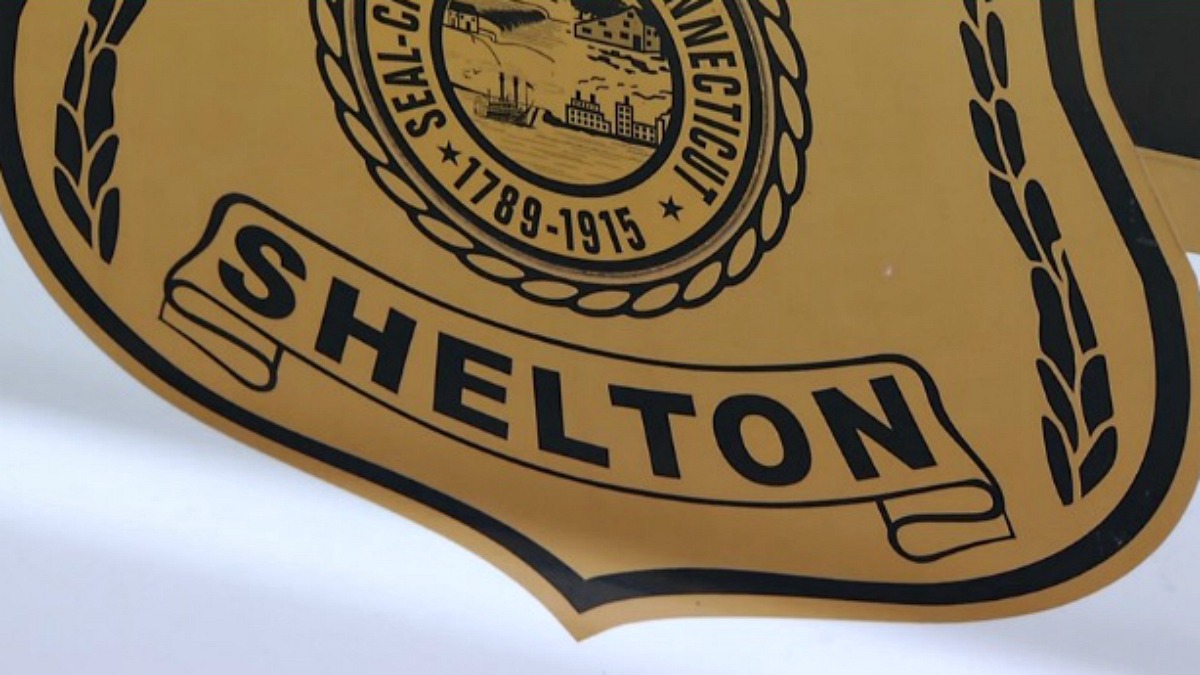State lawmakers said the city of New Haven made progress on a proposal to expand Tweed Airport in New Haven to boost the airport’s business, but it was too late in the legislative session.
The Board of Alders approved a resolution supporting lengthening the main runway just days before the end of the legislative session and the plan needed to go to the General Assembly for the final vote.
“The submission of a proposal to the Board of Alders, the meeting at Jepson School on April 30, and the community meeting at Nathan Hale School on May 5 all occurred too late in the legislative session for a proposal to be developed with the opportunity for robust community participation, consideration of the relocation of the terminal to diminish the traffic impact on New Haven, and the overall impact of enhanced commercial use of the airport,” Senator Martin Looney said in a statement Wednesday.
The proposal was to pave the grassy safety zones around the main runway, expanding the 5,600-foot runway another 1,000 feet.
Though the expansion would stay within the airport’s current footprint, the proposal goes against a 1997 act forbidding expansion. This bill would change that act.
New Haven Mayor Toni Harp released the following statement:
“While disappointed by this missed opportunity, my administration will continue working with the city’s legislative delegation to unlock the untapped economic potential inherent at Tweed – all of us have a responsibility to work toward a vibrant future for the region and the state,” Mayor Toni N. Harp said. “Going forward, we’ll arrange for legislators to meet face-to-face with business leaders and area residents for a candid exchange about how Tweed fits into a comprehensive plan for prosperity.”
Local
The city said expansion could boost declining travel.
In the mid-90s, Tweed saw about 130,000 passengers, but in 2007 it had only 40,000. A longer runway could mean more commercial flights in and out of Tweed, with destinations like Washington D.C., Chicago and Florida.
“I am sure that the City will take the next several months to reach out to the affected neighborhood, all stakeholders and elected officials in order to build a consensus that respects both economic development opportunities and preservation of one of New Haven’s core neighborhoods,” Looney said in a statement.
“Since this plan was first proposed, Sen. Looney and I have been clear that the neighborhood and the community process needs to be at the forefront. The concerns and the well-being of the community need to be put first. It’s incumbent upon the city administration to communicate with neighboring residents about their proposal and how it will impact the community. A true community benefits agreement should be reflective of the neighborhood’s needs. We need to bring together residents, stakeholders and local leaders to fully vet the city’s proposal,” state Rep. Al Paolillo said in a statement.



